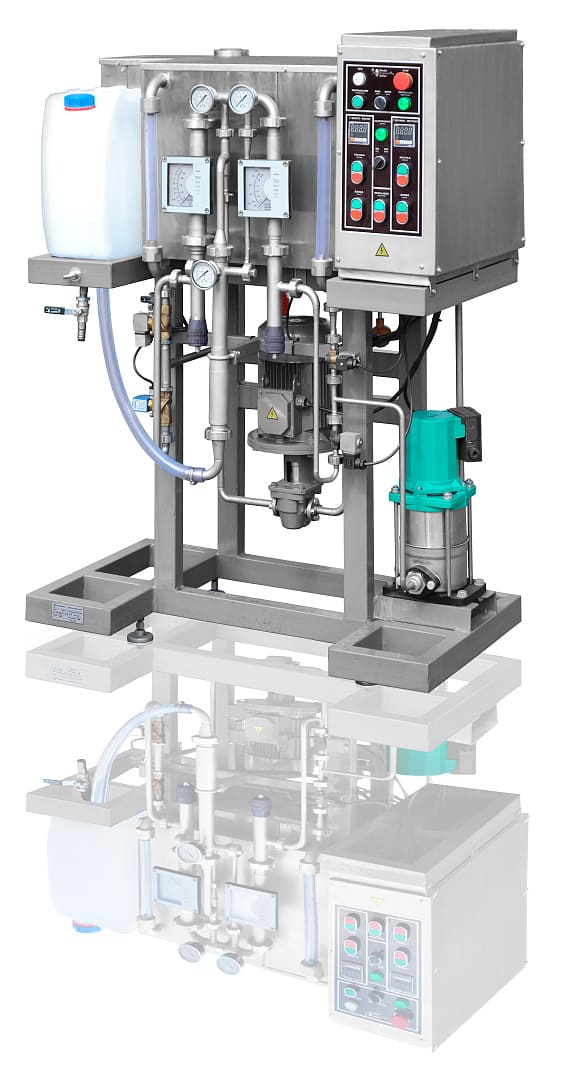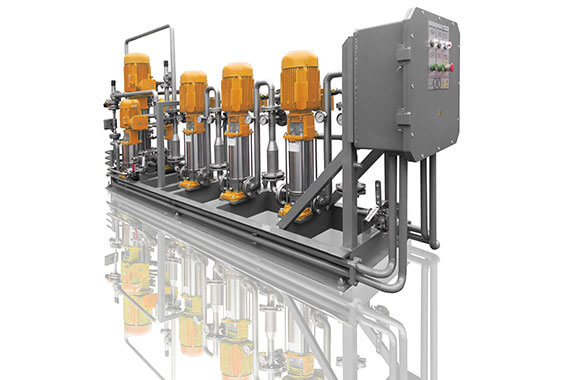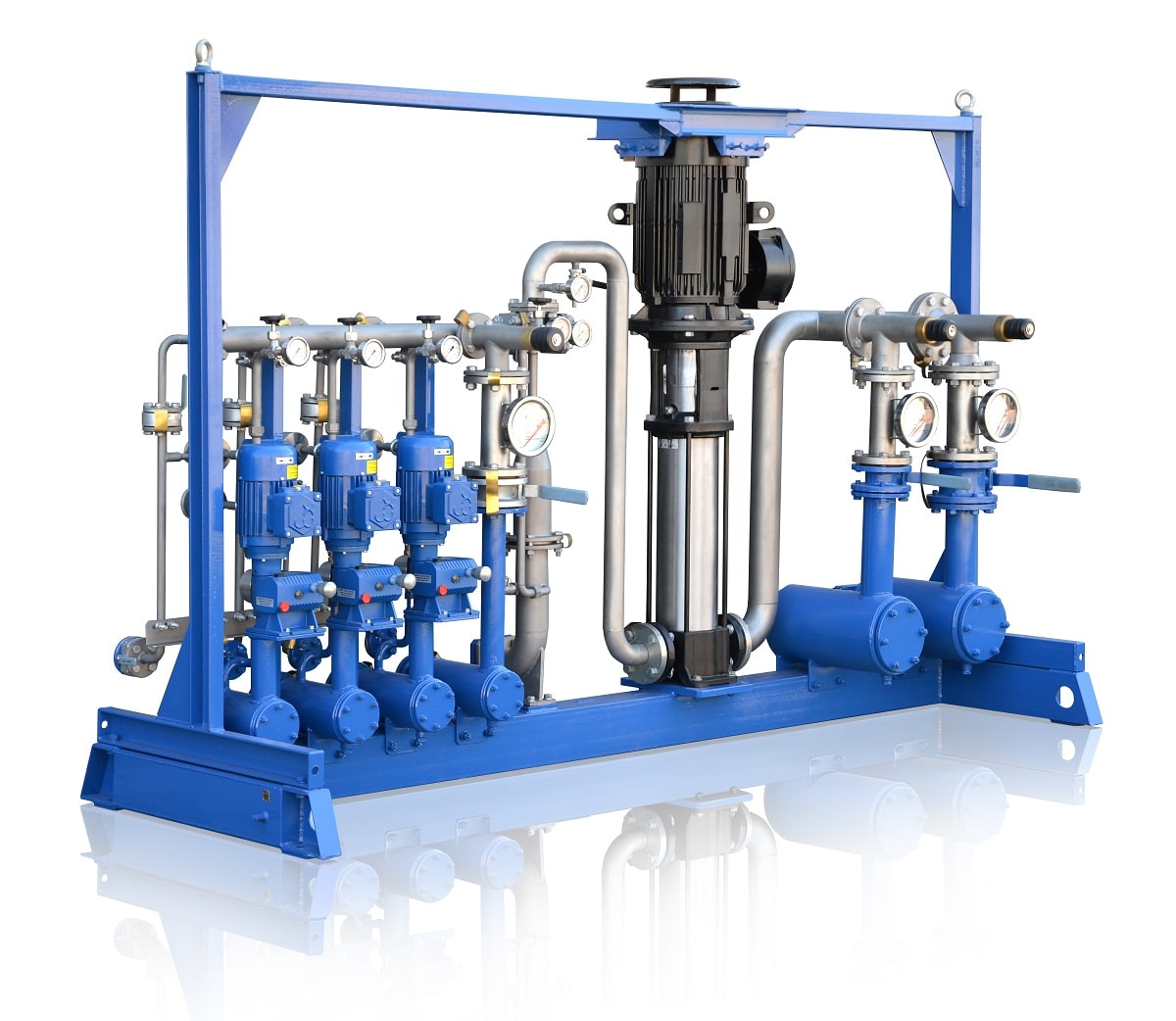Biodiesel production
What transesterification methods or catalysts are most efficient for converting Chlorella oil into biodiesel?
- This topic has 1 reply, 2 voices, and was last updated 11 months ago by .
Answers
-
April 5, 2025 at 10:07 am by Laura Schmidt
Base-catalyzed transesterification using NaOH or KOH is commonly used for Chlorella oil, particularly when free fatty acid (FFA) levels are low. For high-FFA oils, acid catalysis (using H₂SO₄) or two-step processes (acid followed by base) improve yield. Enzymatic catalysis and supercritical methanol methods offer higher purity and are environmentally friendly but costlier. The GlobeCore USB biodiesel plant, while typically used for vegetable oils, can be adapted for algal oils by controlling reaction parameters and pre-treating high-FFA feedstocks, ensuring high-efficiency conversion from microalgae to fuel.



